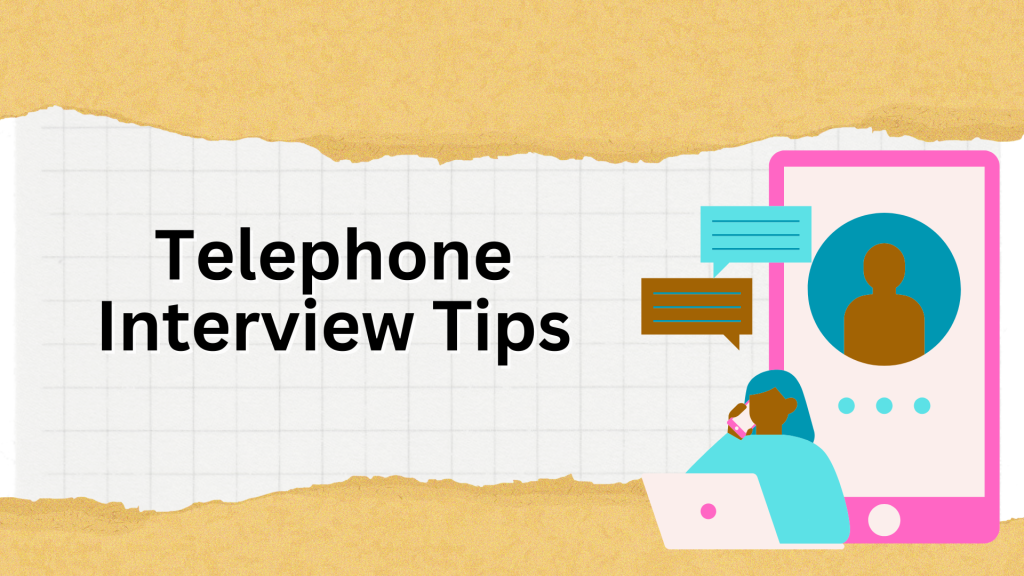Telephone Interview Tips

Telephone interviews are a common part of the hiring process. They are often used as an initial screening to assess candidates. They can increase your chances of making a positive impression and advancing to the next stage of the hiring process. Remember, a telephone interview is an opportunity to showcase your skills and personality, so be confident and authentic.
At Roadhogs Recruitment, we’ve arranged thousands of telephone interviews, which aren’t as daunting as you might think. Our team is always available to guide you through them, but below are some tips to help you.
Preparation is Key
- Always research the role and company as much as you can. It helps to understand the job description and the company’s mission, values, and recent activities.
- Prepare examples of your accomplishments that are relevant to the role. Write a few notes about what you have achieved, so when they ask, you’re prepared.
Practice Common Questions
- Practice answering common interview questions such as “Tell me about yourself”, “Why do you want this job?”and “What are your strengths and weaknesses?” Be brief and to the point, and don’t ramble.
- Be ready with specific examples that demonstrate your skills and experience.
Have Your Questions Ready
- Prepare a few insightful questions about the company or role to demonstrate your interest. Questions will be specific to you and them but don’t start with questions about salary or working hours.
- Your questions usually come toward the end of the telephone interview, ask thoughtful questions about the role or company.
Set Up a Quiet Environment
- Ensure you’re in a quiet place with minimal distractions.
- Use a reliable phone and test your connection ahead of time.
Have Resources Handy
Just in case, have the following bits handy:
- CV
- Job description
- Any personal notes you’ve made, including questions you may have
Be Punctual
Answer the call on time or even a minute early. Being prompt shows professionalism.
Speak Clearly and Slowly
- Articulate your thoughts clearly
- Smile as you speak—it can help convey positivity and enthusiasm
Active Listening
- Listen carefully to the interviewer’s questions and ensure you answer what’s being asked.
- Avoid interrupting, and wait for the interviewer to finish speaking.
Show Enthusiasm
Since body language can’t be seen, your tone of voice is key. Sound engaged and enthusiastic about the opportunity.
Take Your Time
- If you need a moment to think about a question, it’s okay to pause briefly before answering.
- Vary your tone and emphasise key points to keep the interviewer engaged.
You’ll leave a strong impression in a telephone interview by preparing thoroughly, staying composed, and demonstrating enthusiasm. Remember to breathe!
